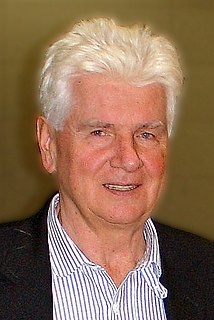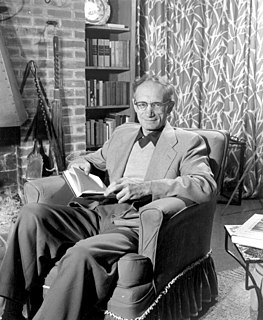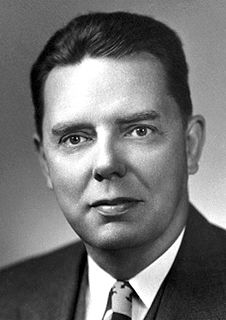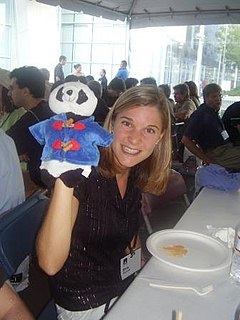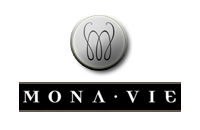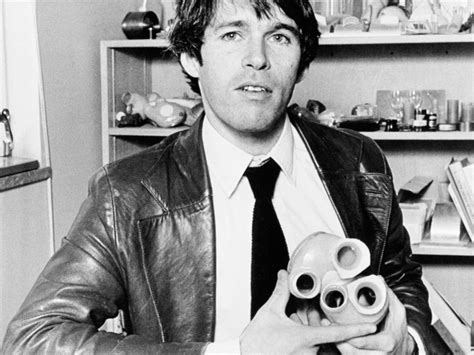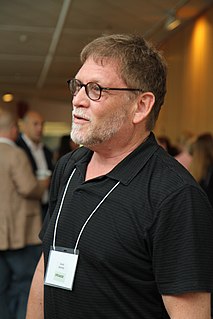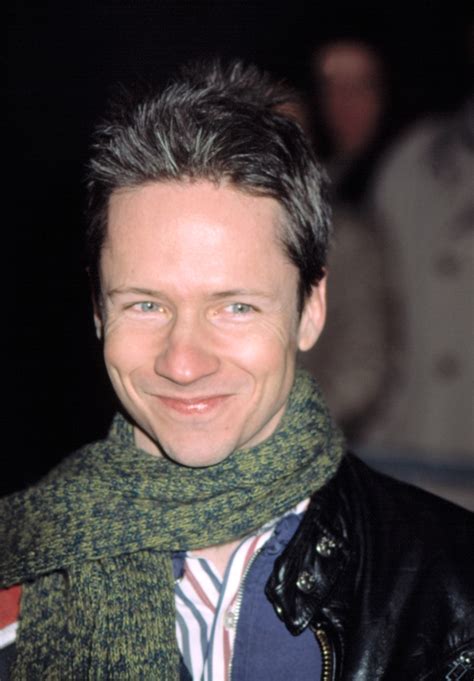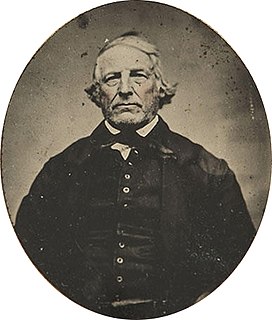A Quote by Gunter Blobel
Although I completed two years of internship in various small hospitals, I decided against continuing my medical training. I was much more fascinated by the unsolved problems of medicine than by practicing it.
Related Quotes
I was a writer first, and knew I'd be a storyteller at age seven. But since my parents are very practical, they urged me to go into a profession that would be far more secure so I went to medical school. But after practicing medicine for a few years, while raising two sons (with a husband who was also a doctor) I realized that combining medicine with motherhood was more of a challenge than I could handle. So I left medicine and stayed home. And that's when I once again picked up the pen and began to write.
Modern problems proliferate and remain unsolved because we spend so much time trying to deal with societal and world problems without first dealing with family and community problems. If we organized for normal families and communities - if these two groups provided the functions they are designed for - world problems would diminish and fade out in two or three generations.
...Only physicians are likely to be regarded as competent to judge the qualifications of potential physicians, so licensing boards in the various states...are typically composed..of physicians,...members of the AMA. The boards, or the state legislatures...give the AMA the power to influence the number of persons admitted to practice (by) lengthy training,...(and) the list of 'approved' schools and hospitals (which) is generally identical with the list issued by the Council on Medical Education and Hospitals of the AMA.
Many of those in the medical fraternity instantly label treatments in the traditional, natural or holistic health fields as quackery. This word is even used to describe Traditional Chinese Medicine and the Indian Ayerveda, two medical systems which are far older than Western medicine and globally just as popular.
